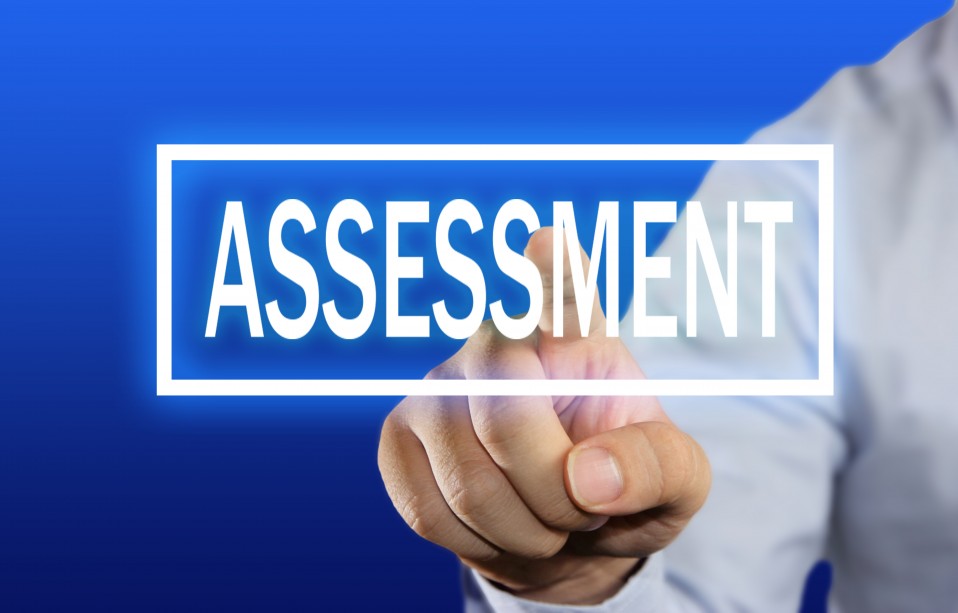Online Assessments
What is an Anger Assessment?
An anger assessment is a professional evaluation of an individual’s thoughts, behaviours and feelings for purposes of determining whether such qualities may be pathological or disruptive to a person’s overall functioning.

Why do I need an Assessment?
- To comply with a legal or organizational requirement.
- If you suspect that your anger happens more often, more quickly or deeper than the norm.
- To support a decision to seek professional counselling.
- To cement what others have been saying all along “that you do have an anger problem”.
- If you have lost relationships or jobs due to outbursts of anger or aggression.
- If though not outwardly or overtly angry, internalized anger symptoms has led you to feelings of depression, hopelessness or helplessness.
- Ultimately What Does a Negative or Positive Report Finding Conclude?
This assessment is not a final diagnosis. Many more factors have to be taken into consideration before any final conclusions can be made. However, this assessment may be the first steps in evaluating whether your anger problems are serious enough to warrant professional intervention.
Some guidelines for taking this assessment include:
- Make sure you take this assessment in a quiet and safe place
- Make sure you are free from all distractions
- The taker of this test should be the one to read the questions (when possible) and input the answers.
- Do not ask people about “your anger”.
Online Assessments
To start,simply click on the buy button. We accept all major cards.
After purchase is completed, you will receive a user ID and password by email to login to the purchased assessment.
The Online Assessments are based on 36 questions. The goal is to answer each question truthfully.
Once you have successfully completed the assessment, you will be given a compilation or summary report of your responses and the conclusions drawn from your answers. You can take notes if you wish or print off the conclusions.
Assessments Available
Anger Assessment
Assesses how a person deals with anger-inducing situations of various intensity and significance.
Anxiety Assessment
Designed to determine whether a person presently has, or is at risk for developing an anxiety disorder.
Assertiveness Assessment
Assesses whether a person is able to communicate his or her thoughts and opinions in a clear, direct and non-aggressive way.
Communication Assessment
Will assess whether a person is able to communicate and listen effectively.
Coping Skills Assessment
Assesses a person’s coping skills and his or her predominant methods of coping with stress.
Emotional Eating Behavior Assessment
Designed to assess a person’s tendency to eat for reasons other than hunger. It will evaluate the underlying reasons for over-eating.
Emotional Intelligence
This test offers 30 traits and skills that make up emotional intelligence. EIQ is defined as the ability to deal with one’s own and other people’s emotions.
Listening Assessment
Will assess how attentive a person is to a speaker, and whether he or she is an active participant in the listening process.
Self Esteem Assessment
Designed to evaluate an individual’s general level of self-esteem and assesses whether his or her self-image could use some improvement.
Sensitivity to Criticism Assessment
Will assess whether an individual becomes defensive in response to constructive feedback.
Depression Assessment
Designed to determine whether a person presently has, or is at risk for developing a depressive disorder. It also evaluates whether his or her mindset makes him or her more prone to depression.
DISC Assessment
DISC is used to gain greater self awareness of oneself, others and how to deal in situations where interpersonal relationships are a key factor. The assessment can help individuals understand how they would likely react in a specific team, management or leadership situations, given her or his DISC style. The assessment has been used to determine leadership. There are different leadership methods and styles that coincide with each personality type, which could help leaders be more effective. DISC has also been used to help determine a course of action when dealing with problems as a leadership team—that is, taking the various aspects of each type into account when solving problems or assigning jobs.